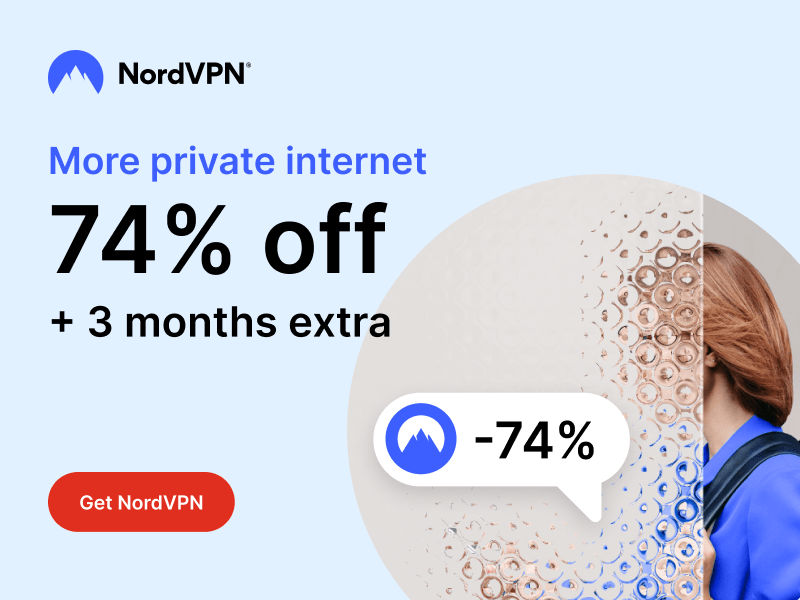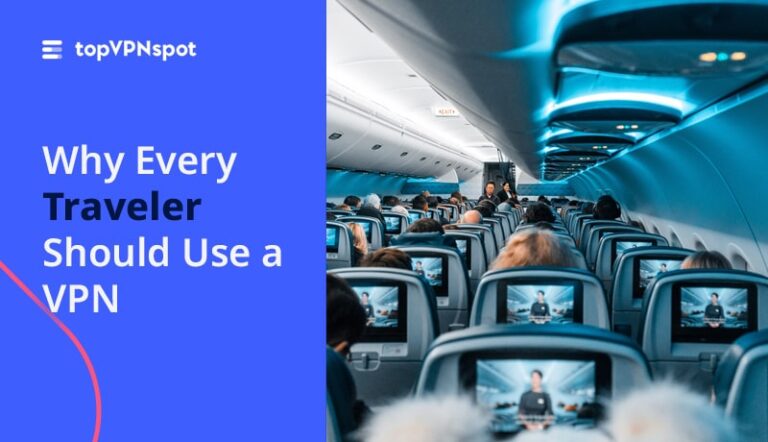The Invisible Cost of Convenience
Imagine paying for a service only to discover that the product you’re using was built using your own data, collected without your explicit consent. This paradox is the reality many users face today as tech giants like Google, Facebook, OpenAI, and Microsoft train their AI algorithms on user data and then sell those AI-powered tools back to the public. Are we inadvertently financing the very tools that exploit our personal information?
How Tech Giants Exploit User Data
In recent years, companies have leveraged massive amounts of user data to train AI models. Google, for instance, updated its privacy policy to clarify that it uses publicly available data to train its AI models, including products like Google Translate and Cloud AI capabilities. This policy shift means anything you publicly post online could be used to enhance their generative AI products without your direct consent.
Similarly, OpenAI has faced legal challenges for allegedly scraping large amounts of personal data from the internet to train its GPT models. These practices raise significant privacy concerns, as users are often unaware their data is being utilized in this manner.
The Exploitation Paradox
Tech giants are often seen as the vanguards of innovation, but their methods can be exploitative. Without the vast amounts of user data, their AI advancements would not be possible. This dependency highlights a critical issue: users provide the foundational data, yet have little control over how it is used, and ironically, end up paying for the resulting AI tools.
The Need for Stronger Legislation
Current privacy laws are insufficient to address these issues comprehensively. Governments must legislate more robust regulations to ensure that tech companies obtain explicit consent before using personal data for commercial purposes. Key measures should include:
- Mandatory Consent: Require companies to obtain explicit permission from users before using their data to train AI models.
- Transparency: Implement policies that mandate clear disclosure about how user data will be used.
- Opt-Out Options: Ensure users have the ability to opt out of data collection without losing access to essential services.
- Data Protection: Enforce stringent data protection laws to prevent unauthorized use and ensure user data is handled securely.
Practical Steps for Users
While waiting for legislative changes, users can take steps to protect their data:
- Use Reliable VPNs: VPNs like NordVPN and ExpressVPN can encrypt your internet traffic, making it harder for unauthorized entities to access your data.
- Regularly Update Privacy Settings: Check and update privacy settings on all online platforms to minimize data exposure.
- Be Cautious with Public Posts: Be mindful of the information you share publicly, as it can be harvested for AI training.
Conclusion: Are We Enabling Our Own Exploitation?
As we continue to embrace AI-powered tools, it’s essential to question the ethical implications of their development. Are we complicit in our own exploitation by not demanding greater transparency and control over our data? The onus is on both policymakers and users to ensure that the digital future respects personal privacy and autonomy. How will you take action to protect your data in this evolving landscape?
By understanding and addressing these issues, we can strive towards a more equitable digital environment where innovation does not come at the expense of personal privacy.
Struggling to select the ideal VPN? Consult our thorough, user-friendly comparison of leading VPN services to determine the perfect fit for your online security needs.
Why trust us
Behind every review is our team’s real-life, multi-device, cross-location VPN showdown. We’re all about the facts, not the hype. We’ve spent hours testing VPNs on every device we’ve got – to bring you advice that’s as genuine as it gets.
200
Hours of rigorous testing of each top VPN service
100%
Strict policy of unbiased testing & assessment
Reader Favorites
Privacy
April 2024
•
5 min read
Uncover the hidden dangers of online identity cloning and learn how to protect your digital self from cybercriminals
Danyal Sadique
VPNs
April 2024
•
5 min read
Discover why a VPN is essential for travelers and how it enhances security and accessibility abroad
Umar Zaman A.
Security
April 2024
•
5 min read
Prepare for the future of cybersecurity by understanding and defending against next-gen AI-driven threats
Raffeain K.
VPNs
May 2024
•
5 min read
Ensure secure remote work by using VPNs to protect sensitive data and communications. Learn key best practices for optimal safety
M. Zayan
Security
June 2024
•
5 min read
Unveil the risks posed by deepfakes in cybersecurity and discover ways to protect against this emerging threat
Danyal Sadique
Privacy
April 2024
•
5 min read
Explore how your data is driving AI development and what you can do to maintain control over your personal information
Umar Zaman A.
We are an alliance of passionate cybersecurity experts, united by a shared mission to disseminate our in-depth knowledge of digital security measures. Our commitment is to empower internet users by providing them with the essential tools and insights needed to navigate the online world safely. Through topVPNspot.com, we offer a platform where our collective experience in cybersecurity converges to guide users in protecting their digital presence effectively.







